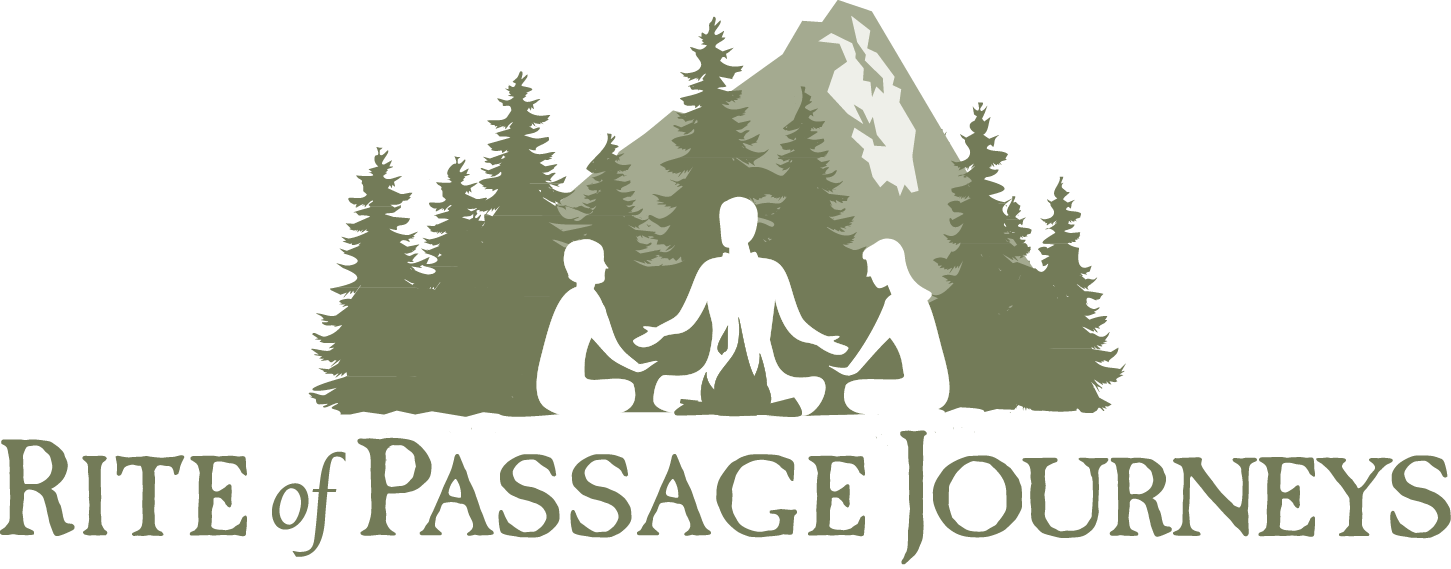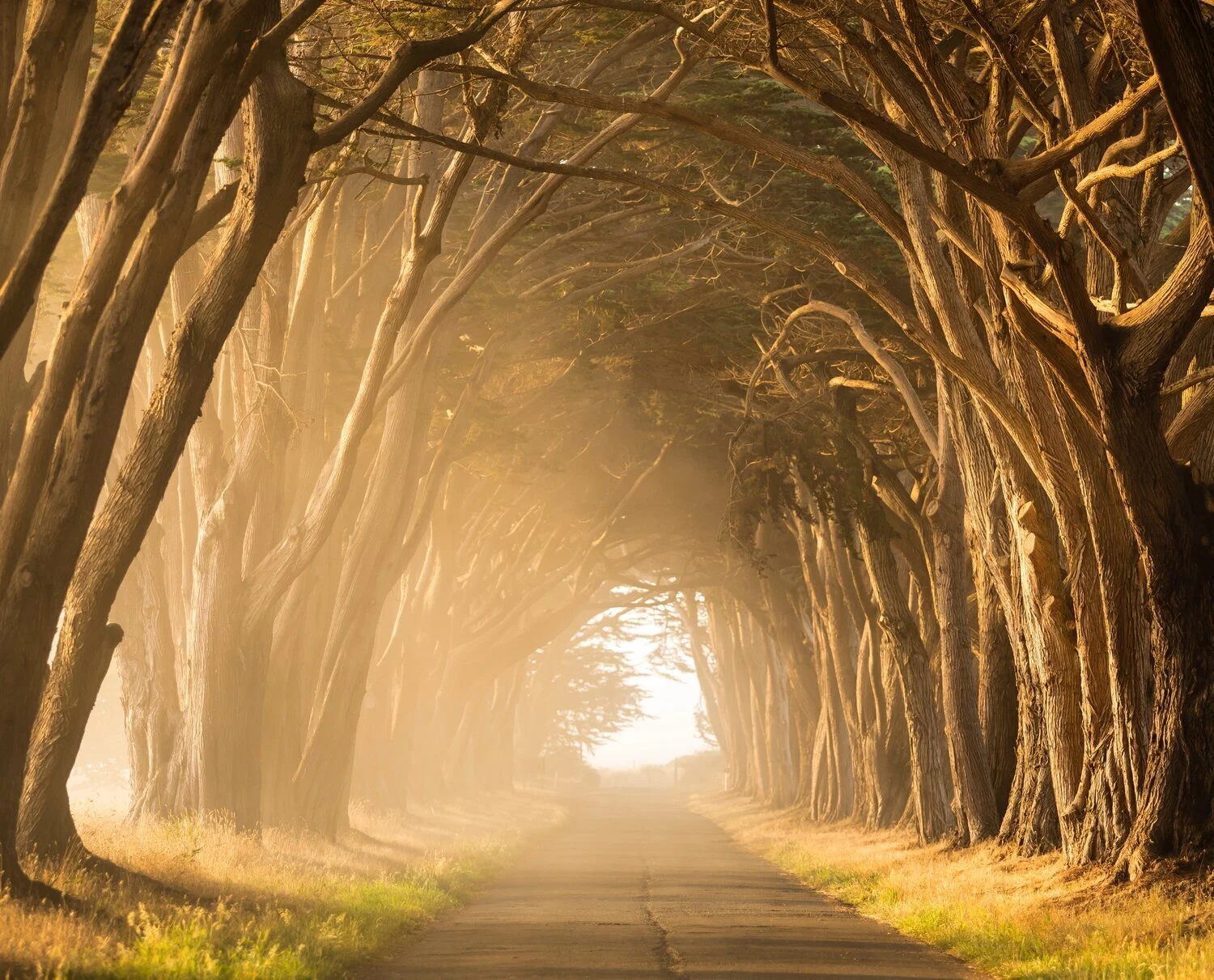"Any rite of passage, and its transition from one way of being into another, can be symbolized as a psychological experience of death and rebirth. This year’s Community Grief Ritual (November 21, 2020) and Patti Kwok’s thoughtful essay Coffee, Death and an Earnest Discussion present two different approaches to the intertwined but unavoidable realities of grief, life, and death. As I write this introduction just a few days after the end of the election, we are also transitioning into fall with hope for recovery and looking forward to the new life of spring after a most difficult year. Patti's essay introduces the novel meeting space of the Death Cafe, and beautifully expresses how it beckons us into authentic, open-ended, conversations where, to our surprise, we also discover how to be most fully alive."
- Tamara Walker, Chair, Community Program Committee
Coffee, Death and an Ernest Discussion
By Patti Kwok, Grieving Time 2019 participant
The Death Café—a solemn but creative invitation to wake up and face our own deaths and possibly create a new ethic. It has been over 40 years since the anthropologist Ernest Becker won a Pulitzer Prize for his work The Denial of Death. Becker’s main intention was to persuade us to face how irrational and destructive we’ve become in our feeble quest to deny death. As Terror Management Theory suggests, reminders of finitude often produce a desperate need to bolster psychologically protective mechanisms. But where might one go to strip away this resistant armor of immorality? I invite you for a sneak visit to the Death Café.
Intrigued by the name, I recently attended a Death Café gathering here in Seattle. Twelve people met at the Dilettante, a local café and chocolate bar, for an unusual and informal discussion about death. People of all ages and backgrounds sign up for these events on Meetup.com. On a beautiful sunny Sunday afternoon, a caffeinated and lively discussion fired up almost immediately. Within a few minutes we agreed to exchange our long table for two square ones pushed together into a quiet corner, where everyone had a chance to be heard. The waitress was extremely accommodating as she moved our napkins, water, coffee and chocolates to this more secluded section. Once settle in, we fervently began sharing our fears and frustrations about the way we handle death in this country and why each of us chose to show up for such a taboo and dismal discussion. Medical institutions and cultural beliefs about death have created an individual loneliness and isolation that only adds to the fear of mortality. Once we wake up to this face there is no turning back, and one is left with the absent God of cure; sometimes an absent God altogether. Becker described this feeling of separation as the barren loneliness of individuation. One becomes immersed in the realization that no science or faith can cure death. One woman in the group admitted that “…every time I am unhappy or fearful about something, what seems to be at the bottom of it always is my own death anxiety.”
It was good simply to have a place to admit such vulnerability and defenselessness. Perhaps the caffeine tainted brew and mutual support for our mortal wounds is what Becker intended when he described:
With the right intensity and scope of shock, we might even ask ourselves what we are to do with our lives. We might then begin to think of how again to give to people a secure feeling that their lives count, that there is a heroic human contribution to be made to cosmic life in a dialogue with a community of one’s fellows (Liechty, 2005, p. 236).
In the Death Cafés, meeting in many cities already, people from all walks of life and beliefs get together to philosophize about the other half of life that is often avoided. The objective of the Death Café project is to increase awareness of death and help people make the most of their finite lives. Bernard Crettaz, a Swiss sociologist and anthropologist, set up the first Cafes Mortels. Jon Barsky read the announcement in the Paris Independent newspaper in 2010 and decided to organize Death Cafes beginning in the UK, with Sue Barsky Reid, a psychotherapist, co-facilitating the initial groups. The wildly successful cafes sparked start ups in many funky places across the UK and other countries, in facilities such as convention centers, cafes, private homes and even yurts. Since 2010, death cafes have emerged all over the world.
After two wonderful and insightful hours of discussion between folks of various ethnic backgrounds and spiritual beliefs, the final request was to reflect on how we might be more alive in the world. The conversation was stripped bare of any simple faith, bible quotes or antidotes. At times we became joyfully infected with a more sensitive and realistic strain of death. As one woman summarized, “At 56, I am older than my father when he died. I'm four years younger than my mother when she died. Coming from the German culture, it feels natural to engage with death. I long for the opportunity to allow death to exist in conversation. It seems to me that, at all times, we can characterize ourselves as living or as dying. Both are true. Why choose between them? I'm living and dying.”
As I strolled across the crosswalk after this meeting my steps felt just a little lighter, though I also understood that physically I was two hours closer to death. Suddenly there is a slight boost in my hope that a social embrace of death might possibly precede physical death; a revelation that despite aging and dying, I still have a place in this world. When hope dies, so does life. I now sensed on a deeper level the intense vibrancy of fall, its warm palate of minestrone and fresh brioche, leaves like roasted sweet potatoes, steaming artichokes bare their throbbing hearts, red and golden beets succumb to their own decay—pendants of copper and fool’s gold surrender to sidewalk cemeteries. The cold autumn winds caressed my face and neck as I transcended with the trade winds of a warmer softer world, no longer buried by the fear of a cruel and neglectful death. In brief exchange for finitude, an intimate setting spiced with coffee and chocolate served up an earnest and caffeinated discussion about the other half of life! We decided to meet again a month from now if, one person pondered,… if I’m still here.” Now that’s a latte on our minds!
Reference
Liechty, D. (2005). The Ernest Becker reader.
Seattle, WA: EBF/UWPress.
Patti Kwok, PhD, ARNP
For 30 years, Patti, a registered nurse and nurse practitioner, has cared for individuals diagnosed with cancer in the greater Seattle community. She has worked in nationally and internationally recognized medical settings including major academic institutions and health maintenance organizations. Patti is currently directing the Cancer Survivorship Clinic at Swedish Tumor Institute where she is passionate about helping patients in their transition from active therapy to long-term surveillance. Integrating knowledge from her Ph.D. in depth psychology and mythology, Patti helps patients to find meaning in life and reclaim what it means to be human by exploring existential beliefs regarding illness and mortality. In her own life, Patti finds healing and meaning through writing narrative medicine and creative personal essays in many different forums.












